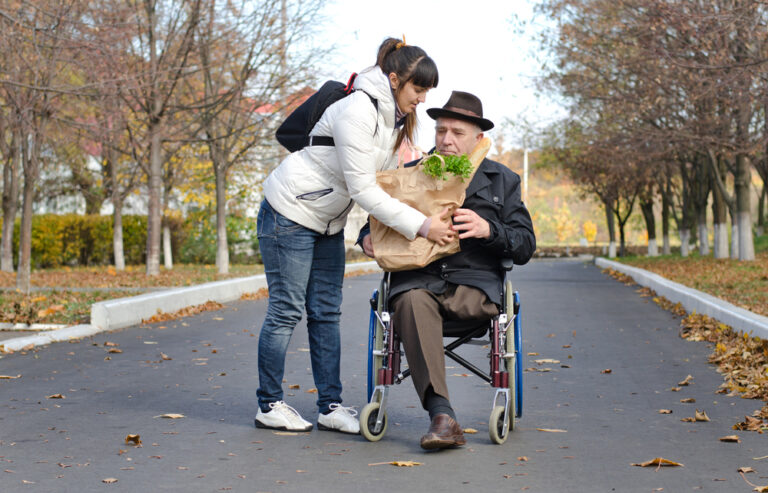Your association is a beautiful community full of families from different walks of life. It’s important to remember that while everyone wants to feel safe and comfortable in your neighborhood, some of your fellow owners may require a little extra assistance.
Let’s focus on senior citizens aged 65+ in your community, and what you can do to ensure their time in your association makes them truly feel at home.
Gather Emergency Contact Information
Your HOA should gather emergency contact information for every member of its community. However, if this isn’t already a practice, we say start gaining information from your senior members of the neighborhood.
Disaster can strike at any time for anyone, but those in the 65+ range are especially vulnerable to incidents that may require emergency assistance and important decisions made on behalf of emergency contacts on file.
Schedule Welfare Checks
Not everyone has a local family to check in on them. So, when it comes to the elderly members of your community, take some time to organize a check-in schedule.
This can be as simple as calling to say “hi” once a week or as detailed as actually scheduled visits.
Ensuring your elderly neighbors are safe and comfortable in your association is critical. Trust us when we say that welfare checks are a win-win for everyone involved.
Stay Up-to-Date on Local and State Laws
Every state has laws that focus on what an association must do to accommodate its senior members.
At least twice a year, your association’s Board should review these laws and look out for any policy changes that they need to catch up on. Also, having planned reviews, allows your Board to anticipate any financial additions to your budget and properly forecast these needs during annual budget planning with your association management’s financial team.
Not only does remaining compliant keep your aging members safe, but these actions also keep your HOA out of serious legal trouble if a bad situation arises.
Update Community Areas
As people age, physical and neurological conditions are likely to develop. Inclusivity is key to owner retention. Therefore, make sure that your shared community areas are all designed and updated to accommodate for physical difficulties.
Accommodations should be approached within reason for your budget, but some of the most common updates we’ve seen HOAs make are:
- Improved lighting
- Ramps
- New handrails
Alter Policies Where Appropriate
Uniformity is something that all associations strive to achieve. However, physical limitations can hamper an owner’s ability to keep up with essential maintenance like landscaping.
Rather than punish those with disabilities or physical constraints, take some time to examine your HOA’s policies and make adjustments where applicable. For example, perhaps your association could find room in the budget to plan for exterior paint maintenance when needed, or regular landscaping services for those in need.
Keep Your Association Inclusive With Goodwin & Company
If you know your association could step up with its actions towards the elderly, let the professionals of Goodwin & Company help. We’ve helped HOAs across Dallas improve their association management and ensure that everyone in the community feels welcome.
Contact us today to learn more about our services.









